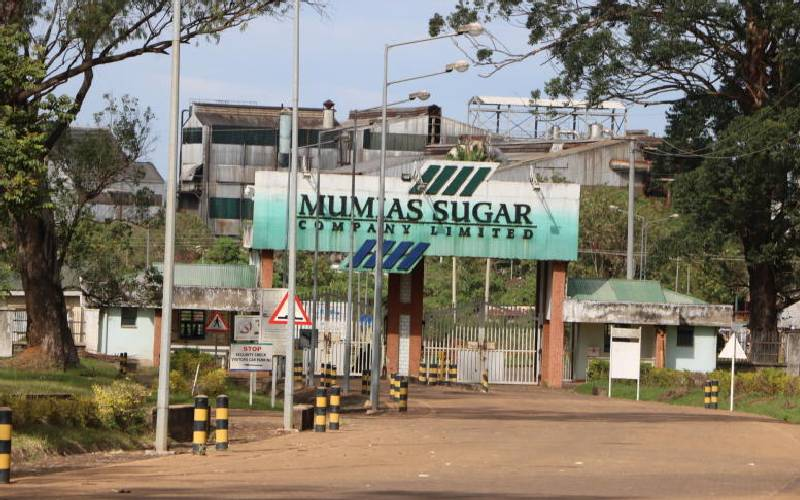State to privatise state-owned sugar factories in sector overhaul
By Zablon Oyugi
The Government of Kenya, through the Kenya Sugar Board (KSB), is in the final stages of leasing out several state-owned sugar factories, as part of a broader plan to boost efficiency, reduce debt burden, and revive the struggling sugar sector.
Speaking during the Africa Sugar Conference 2025, held in Nairobi recently, Richard Magero, deputy director, Sugar Directorate at KSB, said the initiative is one of several strategic reforms aimed at revitalising the industry, which has been grappling with persistent underperformance.
“For years, the sugar sector has faced significant challenges, including outdated machinery, poor management, and recurring financial crises, which have forced the Government to repeatedly bail out farmers,” the director noted.
He pointed out that various assessments have revealed a stark contrast between privately and publicly owned sugar mills, with privately-run factories consistently outperforming their public counterparts in cane production, processing efficiency, and revenue generation. These findings were a key factor in the Government’s decision to invite private investors to lease and manage the state-owned sugar factories.
The leasing process officially commenced late last year, following the resolution of several court cases that had delayed progress. It has since moved into an advanced stage, with potential investors currently being vetted.
Among the factories earmarked for leasing are Nzoia Sugar Company Limited, Chemelil Sugar Company Limited, Muhoroni Sugar Company Limited, and South Nyanza Sugar Company Limited.
Sugar development levy introduced
KSB has also introduced a 4% sugar development levy on both locally produced and imported sugar aimed at strengthening infrastructure and supporting farmers and millers.
Under the levy’s framework, 40% is allocated to cane infrastructure projects, 15% will go towards factory improvements, and another 15% to support research initiatives through the Sugar Research and Training Institute. An additional 10% will be used for KSB’s administrative functions, while the remainder will be set aside for loans to millers to enhance production and services.
“We have also set up a sugarcane pricing committee, which will ensure fair pricing for farmers and eliminate middlemen who often exploit producers,” Magero added.
Increased production and research-driven Improvements
Despite setbacks in the past, the sector showed signs of recovery last year. The KSB, stated that there was an improvement in production with the country realising 814,000 metric tonnes of sugar, linked to ongoing reforms.
Still, the country is yet to meet domestic demand, which stands at 1.1 million metric tonnes. To bridge this gap, 170,000 metric tonnes of refined sugar were imported last year, mainly for use in soft drink manufacturing and the pharmaceutical sector.
To boost local production, KSB’s research institute has developed and released 27 improved sugarcane varieties aimed at increasing yields. These efforts are complemented by a government-subsidised fertiliser programme now extended to sugarcane farmers.
“With these new cane varieties and affordable inputs, we’re optimistic about raising production levels and securing better incomes for our farmers,” said Magero.



